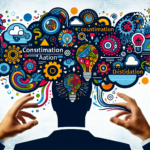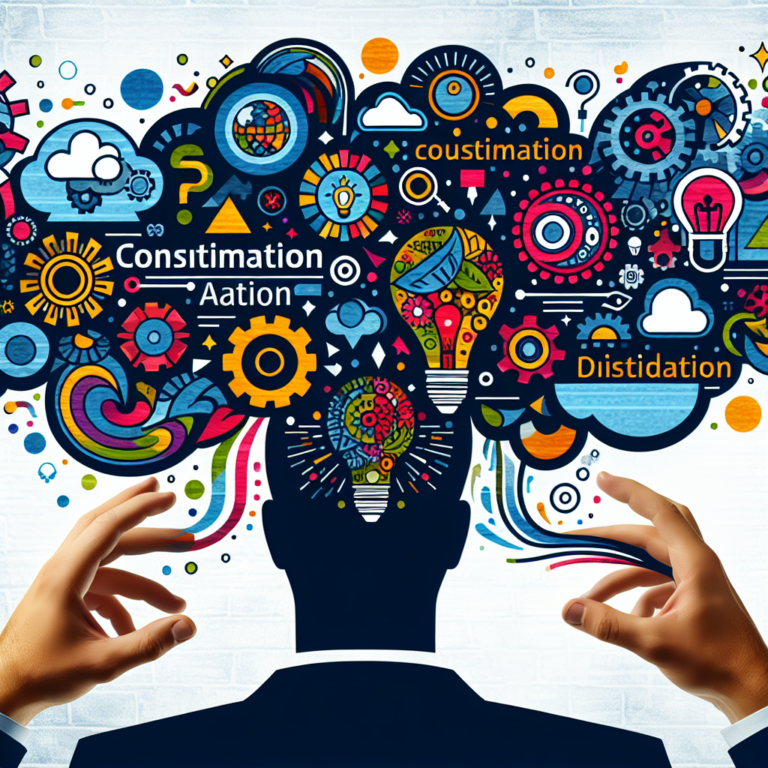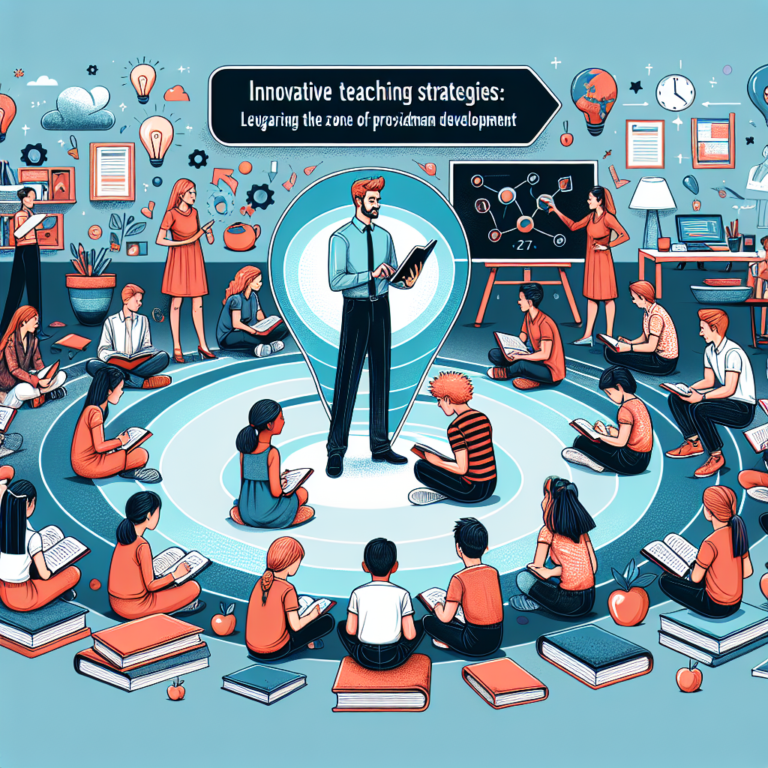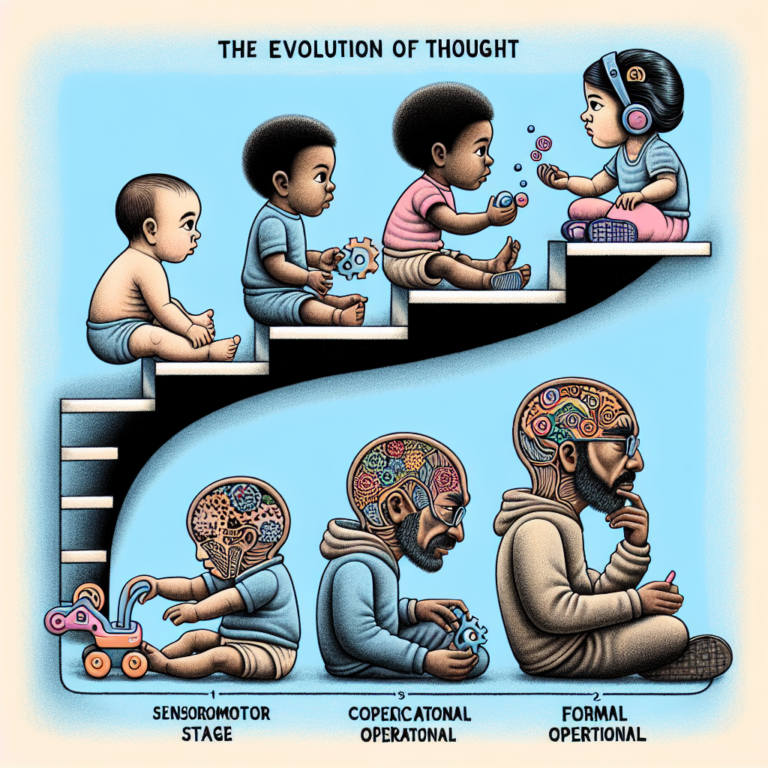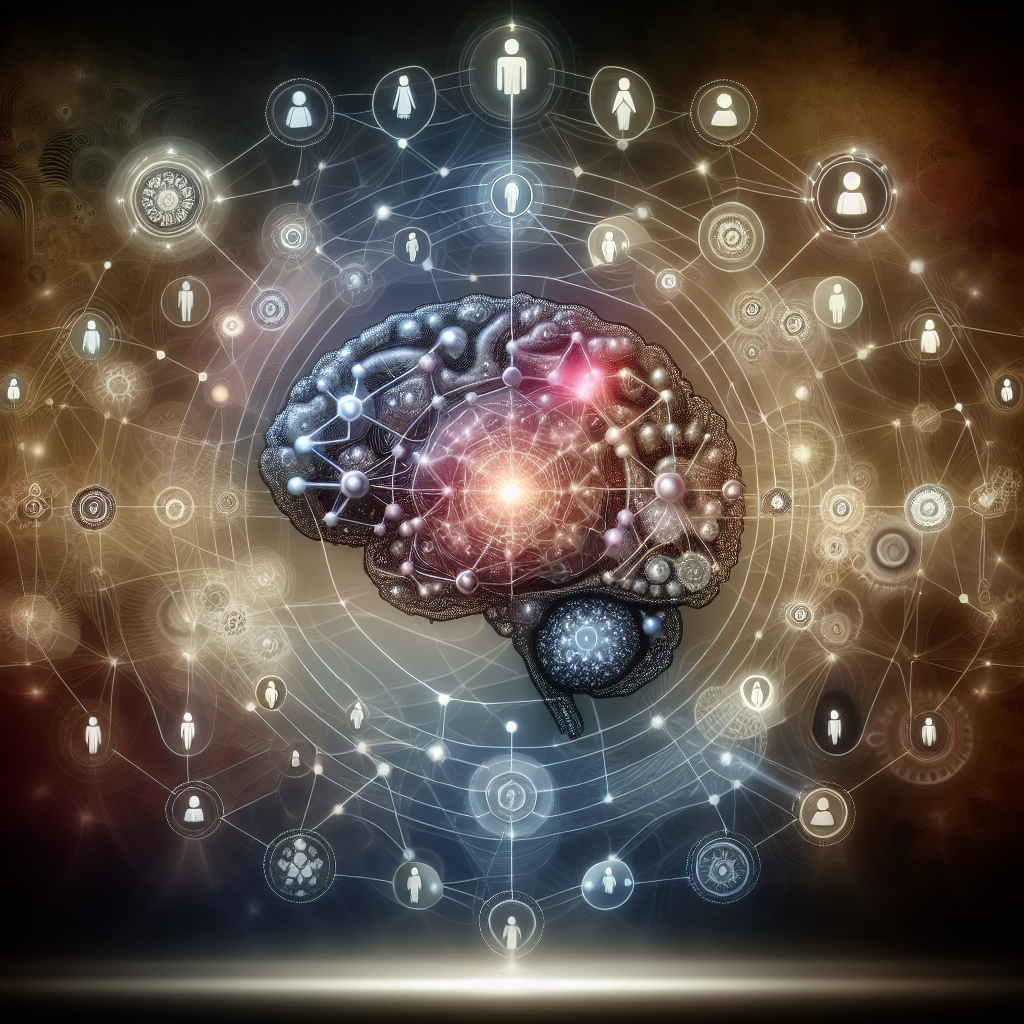
Introduction
In our complex social world, understanding why people behave the way they do is not merely an academic endeavor; it is essential for enhancing our relationships, influencing our communication strategies, and even improving our professional interactions. Decoding Human Behavior: An In-Depth Look at Attribution Theory provides us with a framework to analyze not just the actions of others, but our own perceptions of these actions. This exploration not only addresses how we interpret behaviors but also lays the groundwork for empathy, conflict resolution, and personal growth.
Attribution theory, originally proposed by social psychologist Fritz Heider in the mid-20th century, has evolved to become a pivotal element in psychology, affecting sectors from marketing to education and beyond. In this article, we delve into the nuances of attribution theory, revealing insights that can transform the way we view human behavior in our daily lives.
What is Attribution Theory?
At its core, attribution theory seeks to explain how individuals pinpoint causes to behaviors, both their own and those of others. The fundamental distinction lies between internal (dispositional) and external (situational) attributions:
Internal Attribution: This refers to attributing a person’s behavior to their character, motives, or personality traits. For example, if an employee fails to meet a deadline, one might think, "She is disorganized."
- External Attribution: This involves considering the situational factors that might have influenced someone’s behavior. Using the same example, an external attribution might be, "She had too many responsibilities and couldn’t manage her time well."
Understanding these attributions is crucial in decoding human behavior as it directly influences our reactions and interactions.
The Importance of Attribution Theory in Daily Life
Attribution theory significantly impacts our daily life in the following ways:
Relationship Dynamics: Misattributions can lead to misunderstandings and conflict.
Workplace Environment: Understanding colleagues’ behaviors can foster a more collaborative team atmosphere.
- Educational Settings: Teachers can better support students by comprehending the underlying reasons for their actions.
Key Principles of Attribution Theory
1. The Fundamental Attribution Error
One of the most critical concepts within attribution theory is the fundamental attribution error. This phenomenon occurs when individuals overemphasize personal characteristics while underestimating situational factors in others’ behaviors.
Case Study: A Manager’s Misinterpretation
Consider a scenario where a manager fails to acknowledge the stressors affecting a team member’s performance. Instead of understanding that the employee is dealing with personal issues, the manager may wrongly attribute the behavior purely to a lack of dedication.
2. Self-Serving Bias
This bias describes the tendency for individuals to attribute their successes to internal factors while attributing failures to external factors.
Example: A Student’s Perspective
If a student aces an exam, they might think, "I studied hard and deserve this," reflecting internal attribution. Conversely, if they fail, they might claim, "The questions were unfair," shifting the blame externally.
3. The Actor-Observer Effect
This principle indicates that people often attribute their own actions to situational factors, but attribute others’ actions to their personality.
Analysis
This dual perspective can lead to misunderstandings in interpersonal relationships. For instance, if two friends argue, one might believe their aggressive behavior stems from stress while attributing the other’s aggression to a bad temper.
Real-World Applications of Attribution Theory
Business and Marketing
In marketing, understanding customer behavior is essential. Companies regularly analyze why consumers purchase their products:
Internal Attributions: Customers may think, "I bought this because I value quality."
- External Attributions: Alternatively, they might believe, "I bought this due to an attractive advertisement."
Using attribution knowledge, businesses can tailor their marketing strategies to align with consumer behavior perceptions.
Education
In educational settings, teachers can apply attribution theory to enhance student learning outcomes. For instance:
- Encouraging a growth mindset can counteract negative self-attributions in struggling students.
- Understanding that performance may vary due to external pressures can help educators offer more supportive measures.
Healthcare
Understanding patient behaviors can improve health outcomes. For instance, patients who attribute their lifestyle choices to external pressures may benefit from counseling focused on addressing these barriers.
Visual Representation of Attribution
To further elucidate the concepts within attribution theory, consider the following table:
| Attribution Type | Definition | Example |
|---|---|---|
| Internal Attribution | Connection to personal traits | "He failed because he’s lazy." |
| External Attribution | Connection to situational factors | "He failed because the test was difficult." |
| Fundamental Attribution Error | Overemphasis on personal traits in others | "She’s rude because she didn’t greet me." |
| Self-Serving Bias | Success attributed to self, failure to external factors | "I succeeded due to my skills." |
| Actor-Observer Effect | Different attributions for oneself vs. others | "I was late because of traffic." |
Enhancing Interpersonal Relationships through Attribution Theory
One of the most empowering aspects of decoding human behavior through attribution theory is its application in forging stronger relationships. When we understand the underlying reasons for others’ behaviors, we can engage with empathy and clarity.
Cultivating Empathy
Empathy can flourish when we consciously work to challenge our biases. By recognizing our tendencies toward the fundamental attribution error or the actor-observer effect, we can strive to view situations more holistically.
Effective Communication
Clear communication is paramount. Teaching ourselves to ask questions rather than jumping to conclusions can foster a better understanding of others’ experiences. Instead of assuming, "He’s always late because he doesn’t care," asking, "Is something going on that causes you to be late?" can open dialogue and build trust.
Conclusion
In exploring decoding human behavior: an in-depth look at attribution theory, we have unraveled the complexities of how we interpret actions—both our own and those of others. This awareness not only aids in improving interpersonal relationships but also enhances our ability to engage positively in various environments, be it personal or professional.
As we move forward, let’s approach each interaction with curiosity rather than judgment. Understanding the lenses through which we view behavior can enrich our experiences and foster deeper connections.
FAQs
1. What is the significance of attribution theory in psychology?
Attribution theory helps explain how people determine the causes of behavior, impacting interpersonal relationships and our self-perceptions.
2. How can we avoid the fundamental attribution error?
Being aware of our biases and consciously considering situational factors before making judgments about others can help counteract this error.
3. Can attribution theory be applied in educational settings?
Yes, educators can use it to understand student behavior and tailor support accordingly, fostering a more conducive learning environment.
4. What role do biases play in our attributions?
Biases, such as self-serving bias and the fundamental attribution error, can skew our perceptions, leading to misunderstandings in our evaluations of others.
5. How can understanding attribution theory improve relationships?
By fostering empathy and promoting open communication, attribution theory can help us better understand others’ actions, leading to stronger, more positive relationships.
Through this exploration of Decoding Human Behavior: An In-Depth Look at Attribution Theory, we aim to inspire you to utilize these insights in your own life, cultivating deeper connections and a more profound understanding of the complex web of human behavior.

